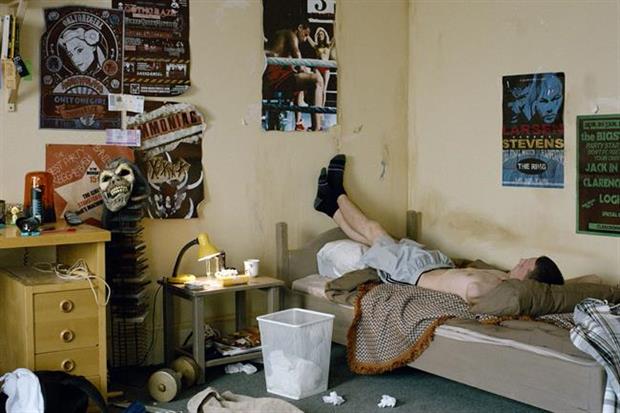They had created the soundtrack for our Pot Noodle commercial and had been signed by a major record label, off the back of it.
Creativity is seen as something of a dirty word (or, at best, the preserve of a few, artistic types)
Given our brand idea was "You can make it", their success felt like poetic justice and making their video felt like a natural next step. But what might have raised a few more eyebrows was the central role played by our client Unilever.
Far from being a distant patron in the process, the company was intimately involved, through its global partnership with music agency, Big Sync.
This is just the latest example of a broader trend, whereby smart client companies are becoming creative organisations in their own right.
They are forging ever closer relationships with media brands (the tie up between Costa Coffee and Buzzfeed being a good case in point).
They are creating in-house teams that put many agencies to shame (Paddy Power and Burberry, take a bow).
They are developing world-class content (see Jeff Bezos recently stating his ambition for Amazon to win an Oscar).
And they are investing in start-ups, to develop breakthrough technological solutions from scratch (Diageo Ventures and the Coca Cola Founders Platform are just two that spring to mind).
Now from an agency perspective, all of this might feel rather threatening. But I believe it could transform the whole of marketing for the better.
Not just because it will throw up all sorts of new commercial opportunities, but because it will help brand owners develop a better understanding of the creative process and a greater respect for the power of ideas.
Creativity is not a dirty word
Currently, many client organisations still cling to a model born in the 1950s (not helped, it must be said, by agencies who still behave like they're Mad Men).
Creativity is seen as something of a dirty word (or, at best, the preserve of a few, artistic types). Decisions are made by committee and according to tired old formulae.
Ideas are tested using a process that sometimes takes longer, and costs more, than the concepts themselves took to develop. Metrics are set to prevent failure, but end up screening out major successes too.
The more that client organisations become creative companies, the more they will see, with their own eyes, that this approach doesn't work.
They will understand the need for tight teams and quick approvals. They will spend less time fiddling with words on charts and more time doing.
They will rediscover their gut instincts – and hopefully their cojones too. Most of all, they will appreciate the inherent risk in any creative enterprise: the fact that hits can’t always be predicted and that failures are part and parcel of the game.
Today, lots of big companies talk about "becoming entertainment brands", "acting like publishers", "adopting a start-up mentality" and so on. But in the future, we’ll see many more marketers doing it for real.
Not everyone will embrace this shift, but for the new breed of marketing entrepreneurs, there are exciting times ahead.
"You can make it", indeed.



